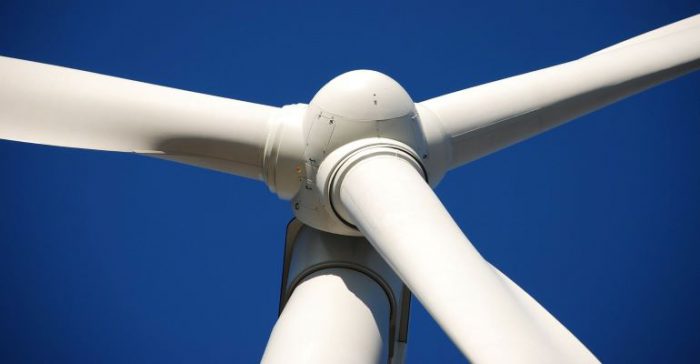Brian McCowan, Zondits staff, 1/11/2022
This past July, a 2MW tidal power floating turbine project developed by the Scottish firm Orbital was deployed near Orkney Island and began generating electricity. The project has demonstrated good potential and multiple projects are now proposed at various UK locations. Orbital has secured investment from TechnipFMC, a global offshore engineering and construction contractor to help fund the proposed projects.
Large-scale tidal power projects have been discussed for decades, and the Rance Tidal Power Station in France began generating power in 1966. But the Rance and similar projects generate controversy as well as electricity. They rely on a type of dam, termed a barrage, which is used to control the water flow and house the generators. In addition, temporary dams are typically required to disrupt and/or drain the tidal basin during a lengthy (5 years for the Rance project) construction period. Environmental effects on the tidal ecosystem are of course a concern and that, along with high construction costs, has limited the development of barrage-based projects.
In contrast to barrage-based projects, floating tidal turbine projects are anchored to the ocean floor with cables, similar to offshore floating wind turbines, and rely on the natural flow of tidal currents. The UK government plans substantial development of tidal turbine projects through its Contracts for Difference (CfD) funding mechanism.
Orbital purports to be the first company to propose deploying turbines at the Perpetuus Tidal Energy Centre (PTEC) site located near the Isle of Wight. The Perpetuus project has recently received offshore and onshore consents (permits) and has completed a grid connection agreement. Recent Orbital press releases stated: “Following a series of good news stories for tidal energy commercialization in 2021, the company now has a credible course to delivering multi-device projects in locations across the UK as early as 2025.” And; “We very much see this as the UK Government firing the starting gun on what will rapidly become a new global renewable energy industry and paving the way for Orbital to provide meaningful volumes of clean and predictable energy to help turn the tide on climate change.” Zondits believes that pun was intentional.
Zondits has been following both offshore wind and tidal power development and sees numerous pros and cons to floating tidal flow turbine development:
Pro:
- Tidal power adds to the diversity of clean power projects.
- Tides are predictable both in timing and relative power, and currents are relatively strong apart from four short “slack tide” periods per day.
- The predictability of the tides compliments the planning and development of battery energy storage as charge and discharge periods can also be predicted.
- Lower visual impact than offshore wind and oil rigs should ease some coastal community concerns.
- Local employment opportunities will be expanded.
Con:
- All offshore development has ramifications for commercial fisheries.
- As with offshore floating wind, cables anchored to the ocean floor raise concerns with whale populations, especially endangered species such as the Northern Right Whale.
- Careful planning regarding maritime navigation will be required.
- The strength of tidal currents is highly variable based on geographic location and the topography of the local and underwater landscape.
For further information on Orbital’s projects and tidal power in general, visit:
https://www.oedigital.com/news/492856-tidal-power-orbital-eyes-multi-device-deployment-across-uk
https://www.eia.gov/energyexplained/hydropower/tidal-power.php
https://www.energylivenews.com/2021/12/29/scottish-tidal-energy-firm-bags-e2-5m-funding/https://oilprice.com/Alternative-Energy/Tidal-Energy/Canada-And-The-UK-Are-Eyeing-Massive-Tidal-Power-Developments.html
